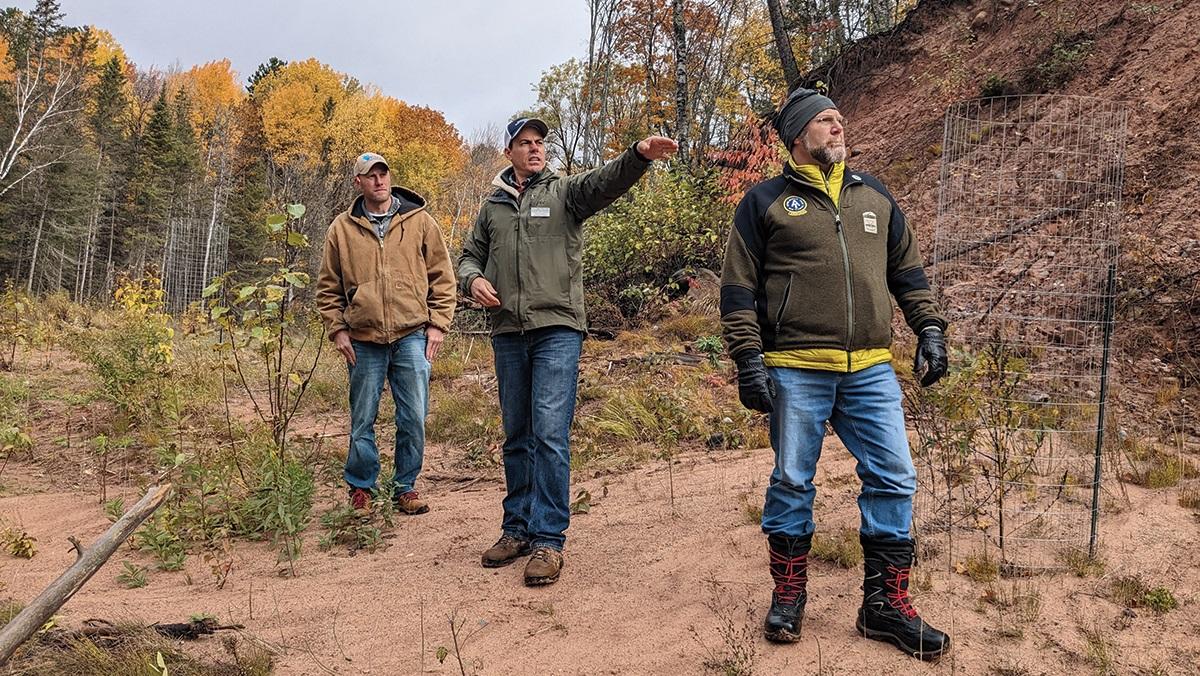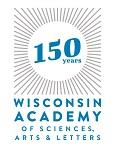Leaders in several northern Wisconsin communities are gaining more capacity to address climate change impacts thanks to the Lake Superior Climate Champions Program. The program is offered by two University of Wisconsin organizations: Wisconsin Sea Grant and the Lake Superior National Estuarine Research Reserve. Both focus on providing science-driven solutions to water issues, such as flooding, pollution, and conservation.
The Climate Champions Program provides funding and guidance for two community teams each year to work on climate-change projects of their choosing. Facilitators Natalie Chin with Sea Grant and Karina Heim with the Reserve offer funding, technical support, and guidance. In 2023, Climate Champion projects benefited communities in Ashland, Bayfield, Douglas, and Iron counties. The teams worked on a flood resilience plan, climate project prioritization, erosion, and road maintenance records as well as connecting with other communities in the state that are working on climate-change issues.
In 2024, teams from the town of Marengo, Wisconsin, and the Bayfield County Health Department were chosen. Marengo Township has a long history of flooding, and residents have experienced severe flood impacts firsthand, and town leaders are now being proactive about extreme weather. To help, Marengo team members are engaging with community members to prevent and better respond to climate-related crises. A recent survey about climate concerns was launched at a Marengo Township potluck picnic and generated an over 40 percent response rate from community members, which will inform the development of an extreme weather response and preparedness plan.
The Bayfield County Health Department is meeting a county comprehensive plan request to outline climate-change risks to municipal sanitary sewer districts throughout the county. They are surveying sanitary sewage district operators and developing a set of recommendations for the county board.
Overall, Climate Champions organizer Heim says she and Chin run the program with a light touch. “Local government leaders are busy, but when we bring the teams together monthly, just the act of talking about climate resilience keeps their concerns relevant as we navigate progress on their climate goals,” she says. “We learn from each other and motivate each other.”
Chin says the Climate Champions Program works because it’s driven by the communities. “It’s relationship-based—we build trust over the long term,” she says. “The teams put in a little bit of time but stand to gain a lot from it. We also tap into existing resources to solve their problems and make connections. It gives small communities what they really need to work on climate challenges, which is more capacity.”
In a few months, the program will be soliciting a new cohort for 2025. Communities in Douglas, Bayfield, Ashland, or Iron counties are eligible to apply. For more information, please visit https://go.wisc.edu/am468e.




